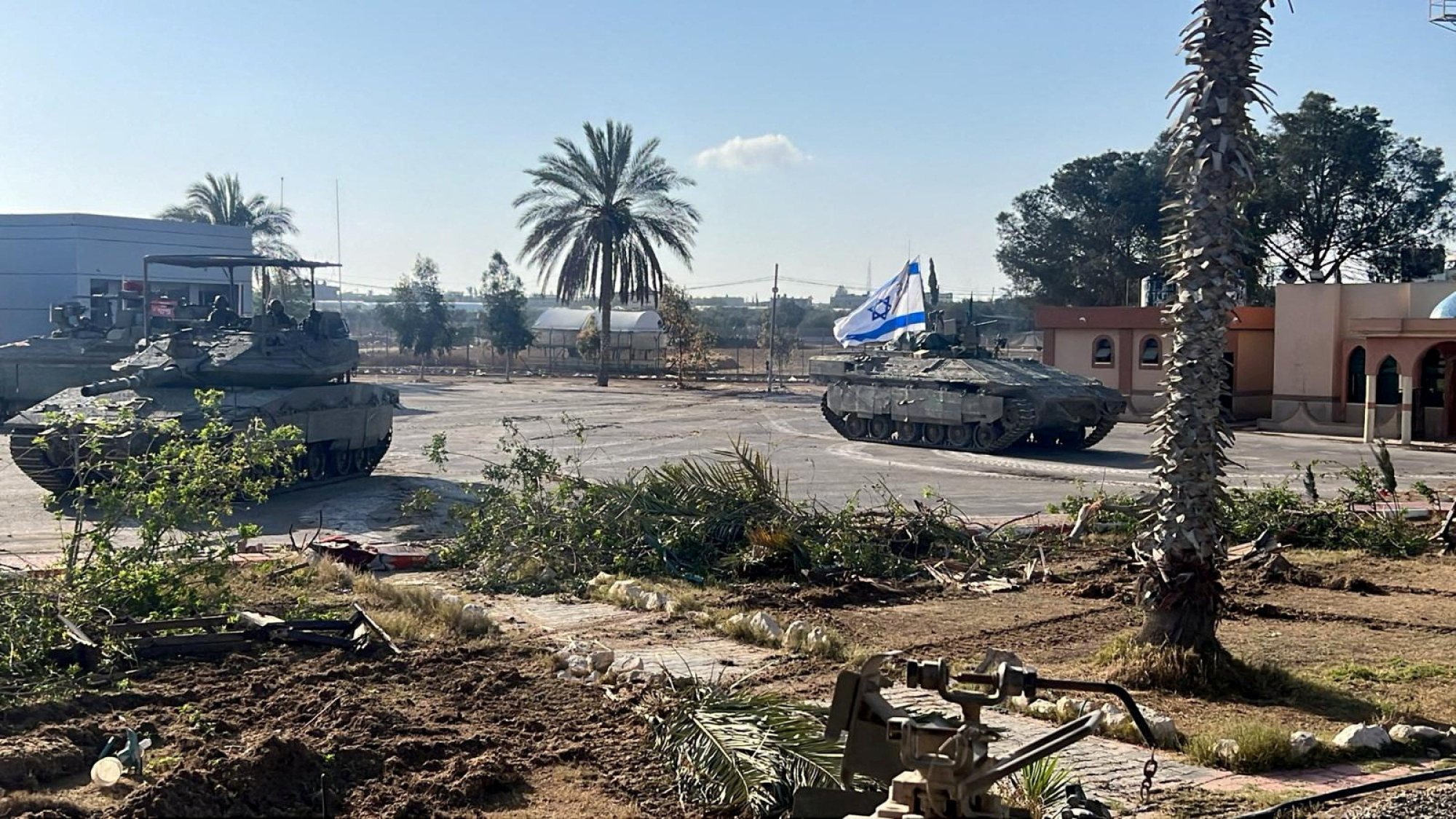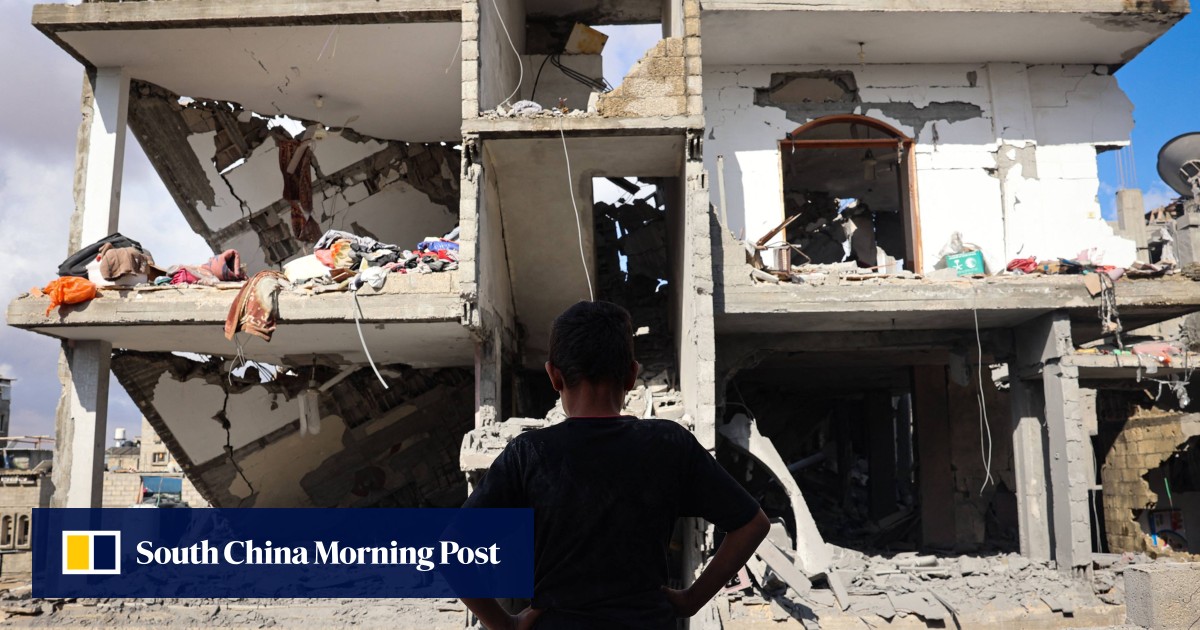The US paused a shipment of bombs to Israel last week over concerns that Israel was approaching a decision on launching a full-scale assault on the southern Gaza city of Rafah against the wishes of the US, a senior administration official said on Tuesday.
The shipment was supposed to consist of 1,800 2,000-pound (900kg) bombs and 1,700 500-pound (225kg) bombs, according to the official, who spoke on the condition of anonymity to discuss the sensitive matter, with the focus of US concern being the larger explosives and how they could be used in a dense urban setting.
More than 1 million civilians are sheltering in Rafah after evacuating other parts of Gaza amid Israel’s war on Hamas, which came after the militant group’s deadly attack on Israel on October 7.
The US has historically provided enormous amounts of military aid for Israel. That has only accelerated in the aftermath of Hamas October 7 attack that killed some 1,200 in Israel and led to about 250 being taken captive by militants.
The pausing of the aid shipment is the most striking manifestation of the growing daylight between Israel Prime Minister Benjamin Netanyahu’s government and the administration of US President Joe Biden, which has called on Israel to do far more to protect the lives of innocent civilians in Gaza.
Biden’s administration in April began reviewing future transfers of military assistance as Netanyahu’s government appeared to move closer toward an invasion of Rafah, despite months of opposition from the White House.
The US official said the decision to pause the shipment was made last week and no final decision had been made yet on whether to proceed with the shipment at a later date.
The Pentagon declined to comment.
Israel sent tanks into Rafah on Tuesday and seized the border crossing with Egypt but the White House said earlier that Israel had promised it was a “limited operation”.
Without addressing whether there had been a holdup in arms shipments, White House press secretary Karine Jean-Pierre reaffirmed that Washington’s commitment to Israel’s security was “ironclad”.
Still, when asked about the reports on the arms holdsups, she added: “Two things could be true, in the sense of having those conversations, tough, direct conversations with our counterparts in Israel … in making sure citizens lives are protected … and getting that commitment”.
A senior Israeli official, speaking to Reuters on condition of anonymity, did not confirm any specific hold-up in arms supplies but appeared to take the reports in stride: “As the prime minister has already said, if we have to fight with our fingernails, then we’ll do what we have to do”.

Just last month, Congress passed a US$95 billion national security bill that included funding for Ukraine, Israel and other allies. The package included more than US$14 billion in military aid for Israel, though the stalled transfer was not related to that measure.
The State Department is separately considering whether to approve the continued transfer of Joint Direct Attack Munition kits, which place precision guidance systems onto bombs, to Israel, but the review didn’t pertain to imminent shipments.
The US dropped the 2,000-pound bomb sparingly in its long war against Islamic State.
Israel, by contrast, has used the bomb frequently in the seven-month Gaza war. Experts say the use of the weapon, in part, has help drive the enormous Palestinian casualty count that the Hamas-run health ministry says is at least 34,789 dead, though it doesn’t distinguish between militants and civilians.
The US-Israel relationship has been close through both Democratic and Republican administrations. But there have been other moments of deep tension since the founding in which US leaders have threatened to hold up aid in attempt to sway Israeli leadership.
President Dwight Eisenhower pressured Israel with the threat of sanctions into withdrawing from the Sinai in 1957 in the midst of the Suez Crisis.
Ronald Reagan delayed the delivery of F-16 fighter jets to Israel at a time of escalating violence in the Middle East. President George H.W. Bush held up US$10 billion in loan guarantees to force the cessation of Israeli settlement activity in the occupied territories.
Additional reporting by Reuters and Agence France-Presse

